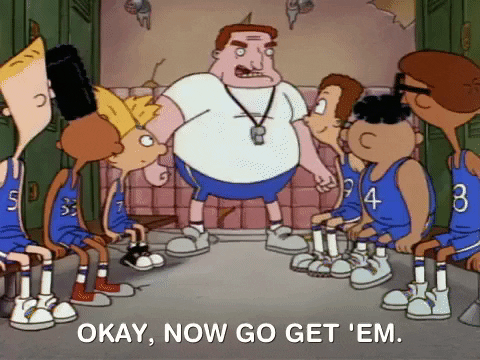SWLAW Blog | Future Students

October 28, 2019
Five (Exam Tips) from Five (Students)
Are you stressing out over midterms? Finals?? We get it. Law school IS challenging. BUT, equipped with the right study skills, we believe you can pass your exams with flying colors.
See what these top performers from Law Review said their game-time secrets were to succeed.
Try reviewing your outline as if you were teaching the course to a group of students. Between practice exams, I would find an empty study room with a whiteboard or stand in my apartment and pace around while explaining the concepts to my imaginary audience. This allowed me to think things through rather than just write down something over and over that had no meaning to me.
- Kelsey Finn, Law Review Editor-in-Chief
 After finishing a major topic in class, read the correlating section in the Examples and Explanations book. Without using your notes, try to answer the first few hypotheticals. Then, using your notes if you need them, write a practice exam answer for the most complex hypothetical on that topic.
After finishing a major topic in class, read the correlating section in the Examples and Explanations book. Without using your notes, try to answer the first few hypotheticals. Then, using your notes if you need them, write a practice exam answer for the most complex hypothetical on that topic.
- James Glassman, Law Review Staffer
I found it helpful to try and touch the material as many times as possible. When preparing for classes, I first read all the cases straight through without briefing anything, and only highlighting the important facts, rules, holding, reasoning. Then take a couple of minutes to think about the reading. Once I’ve digested the material I go back to the cases and prepare my briefs by pulling out the areas I highlighted and organize them according to the FIRAC structure.
- Haley Pollock, Law Review Staffer
 Studying for law school is a marathon, not a sprint. You need to make sure you don’t mentally exhaust yourself too quickly. Finding spaces or times to decompress from the rigors of school is essential. Try having a designated study space separate from where you would usually hang out or relax. Having separate areas helps me condition my brain to know when it’s time to grind and when it’s time to destress.
Studying for law school is a marathon, not a sprint. You need to make sure you don’t mentally exhaust yourself too quickly. Finding spaces or times to decompress from the rigors of school is essential. Try having a designated study space separate from where you would usually hang out or relax. Having separate areas helps me condition my brain to know when it’s time to grind and when it’s time to destress.
- Benji Israel, Law Review Managing Editor
Turn your multiple-choice questions into mini hypotheticals. This will help you understand the nuances that professors usually test on multiple-choice and give you a different fact pattern to apply the law to. For example, I write out a paragraph on why the correct answer is right. Then, I go through each incorrect answer explaining why it is wrong and what facts in the question would need to be changed or added to make it correct.
- Ariel Rahimi, Law Review Associate Editor

